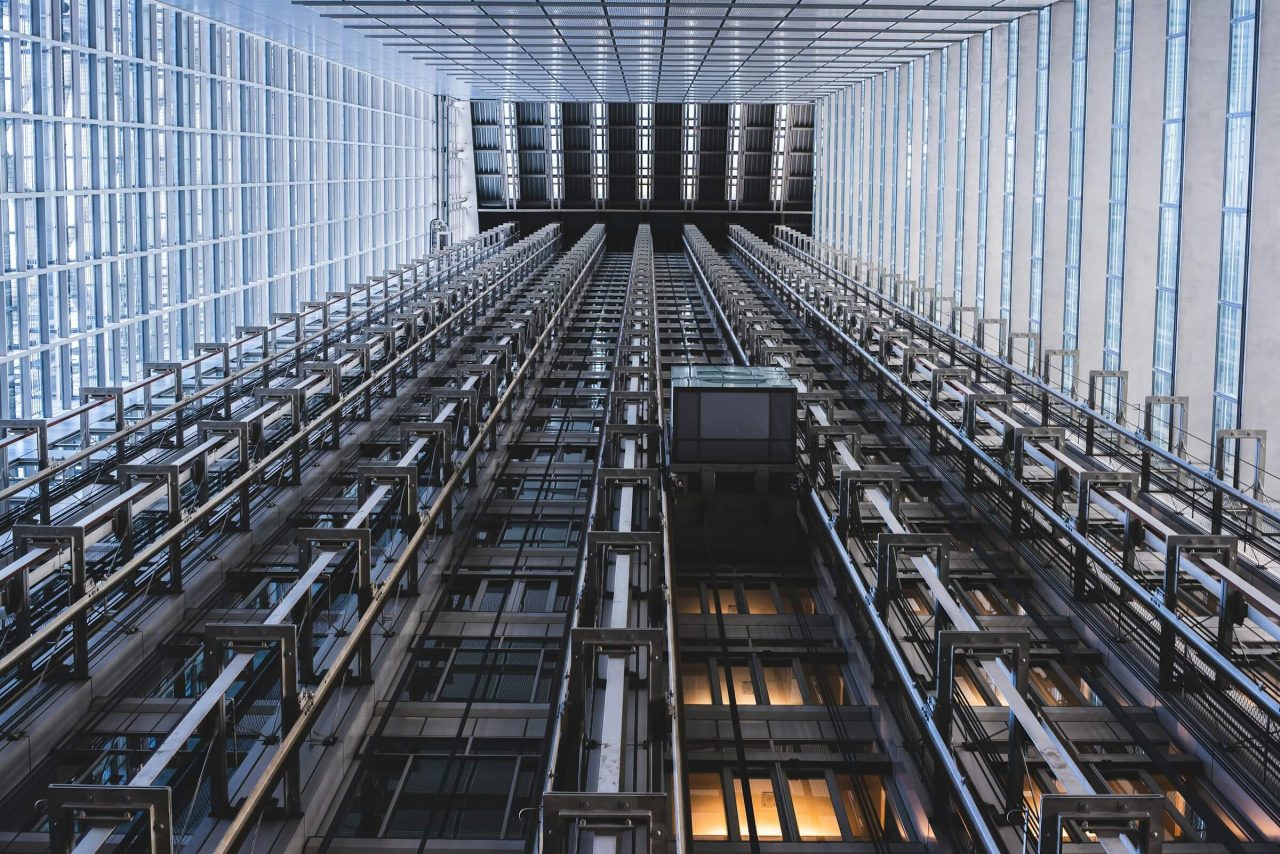Understanding the Roles: Elevator Consultant vs. Independent Elevator Project Manager
When it comes to new installations or modernizations of elevators in a building project, it’s essential to have the right expertise on board. Building owners, architects, and construction companies often find themselves needing guidance to ensure their vertical transportation systems meet both functionality and safety requirements. Two key professionals often involved in this process are the elevator consultant and the independent elevator project manager. While both bring immense value, their roles are distinct. This post explores these differences and clarifies how each expert contributes to the successful execution of elevator projects.
Elevator Consultants: Focused on Compliance and Design Solutions
An elevator consultant is typically brought into a project to provide technical expertise and ensure that the elevator system meets regulatory standards, safety codes, and the specific needs of the building. Their primary focus is on design, compliance, and recommendations that align with the overall architectural plan and local regulations. Here’s a closer look at their key responsibilities:
Code Consulting and Compliance: Ensuring the elevator system meets building codes and standards specific to vertical transportation.
Design Solutions: Offering tailored designs that fit the unique demands of the building and its users.
Technical Expertise: Providing technical insights into the feasibility, safety, and efficiency of the chosen systems.
Third-Party Independence: Consultants work independently from manufacturers and installers, providing unbiased advice focused on the project’s needs.
In essence, an elevator consultant’s job is to ensure that the elevator system chosen or designed fits within the regulatory and operational framework while being future-proofed for the building’s demands.
Independent Elevator Project Managers: A Holistic Approach to Project Delivery
On the other hand, an independent elevator project manager, especially one who has worked for manufacturers and installers, brings a holistic view of the industry. They have hands-on experience with the inner workings of both the technical side of elevator systems and the logistics of installation. This combination of skills allows them to handle every aspect of the project from start to finish.
Unlike consultants, who mainly focus on design and compliance, project managers are involved in overseeing the entire elevator installation or modernization process. Some of their critical responsibilities include:
Full Project Lifecycle Management: From conceptual design to final testing and turnover, they manage each phase of the project.
Coordinating with Multiple Stakeholders: Project managers serve as the main point of contact between building owners, architects, elevator manufacturers, and installers.
Scheduling and Budgeting: They ensure that the project stays on track in terms of time and cost, handling unexpected delays or changes.
Vendor Management: With deep industry knowledge, they negotiate with vendors and contractors, often ensuring competitive pricing and optimal solutions.
Quality Control: They monitor the installation process, ensuring that the work aligns with the required standards and specifications.
The independent project manager’s value lies in their end-to-end oversight, ensuring that all pieces of the project puzzle fit together seamlessly, without gaps in communication or execution.
Why Both Are Essential, Yet Different
While both elevator consultants and independent elevator project managers bring value to a project, the distinction between their roles is important. A consultant provides the specialized technical expertise necessary to design and specify the right system, while an independent project manager takes ownership of the project’s overall delivery.
For building owners, architects, and construction companies, this means:
The consultant ensures your elevator is designed to meet both present and future needs, staying compliant with all relevant codes.
The project manager ensures that the installation or modernization project stays on schedule, within budget, and meets the agreed-upon performance standards.
Choosing to work with an independent project manager who has hands-on industry experience from working with manufacturers and installers can offer significant advantages. Their knowledge of the intricacies of both elevator systems and construction processes makes them particularly valuable for ensuring smooth, well-coordinated project execution.
Conclusion: Drawing the Line
The line between an elevator consultant and an independent elevator project manager is clear but complementary. A consultant provides expert advice and design solutions to ensure your system complies with regulations and standards, while a project manager oversees the implementation, coordination, and successful delivery of the project. Having both professionals involved in a project ensures a comprehensive, efficient, and expert-driven approach to vertical transportation solutions.
By letting experts handle the details, you can be assured that the end result will meet the highest standards of safety, functionality, and quality, all while fitting within the architectural and operational framework of your building.



